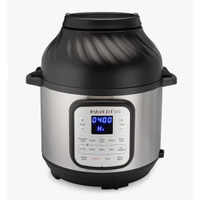iRobot Roomba vs Shark: which robot vacuum is right for you?
Should you choose Roomba or Shark if you want to automate your floor cleaning?
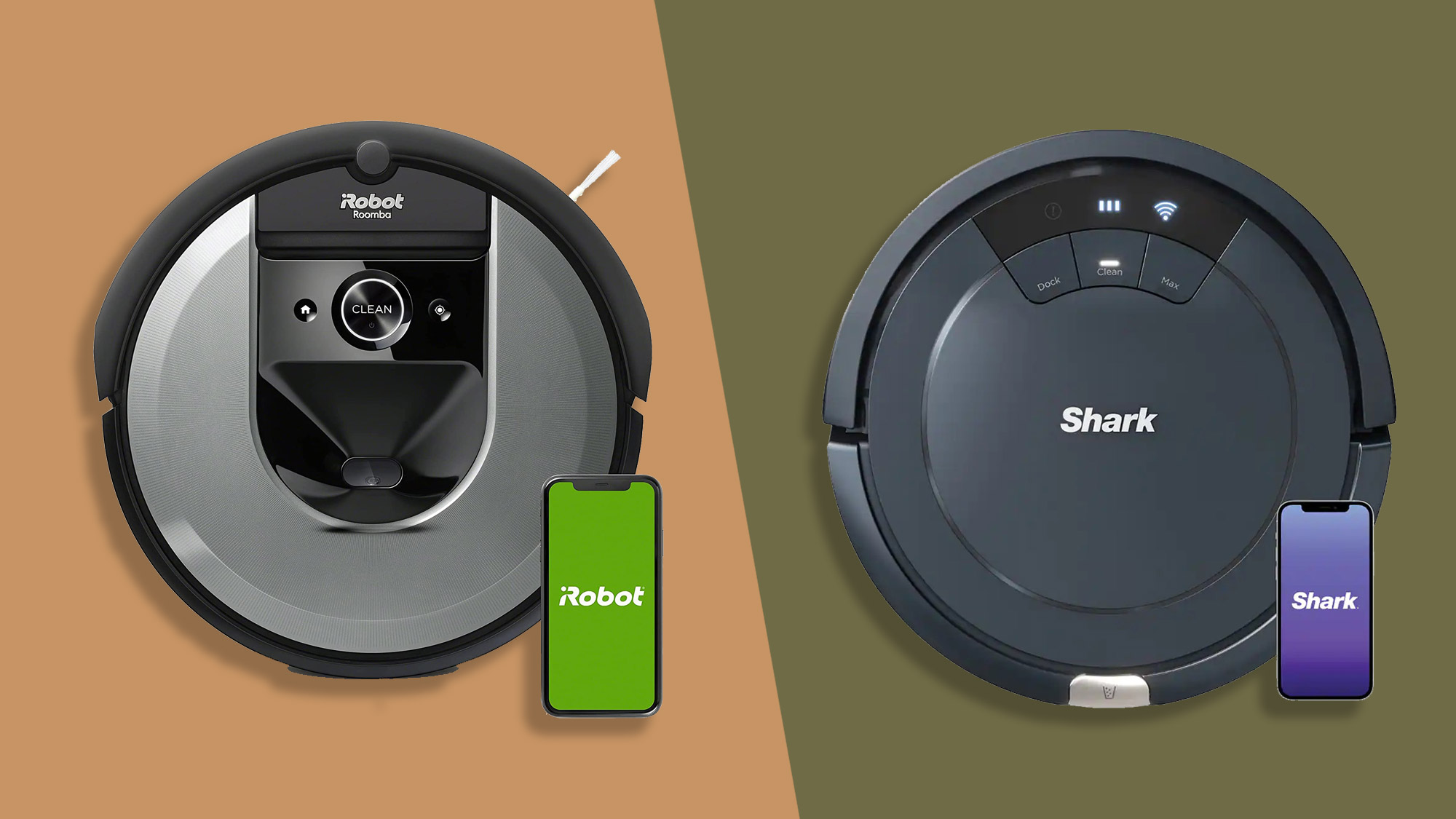
Once the preserve of only the wealthiest of households, robotic vacuum cleaners are now a household essential for anyone keen to keep their homes dirt and dust-free, but not so keen on spending their time achieving this with the use of a traditional vacuum.
The best robot vacuums let you put your feet up, while they navigate your home unaided cleaning your floors. Many offer the ability to set a schedule for when they should be cleaning, so you can ensure they’re only on the move when you’re not around, while others can even empty their own dust canister, meaning you really can outsource the chore of vacuuming completely.
So it’s no surprise that the number of US households with a robot vacuum grew by 11% to 14.2 million in 2018, according to market research firm Statista. But with such a wide array of models on the market, knowing which is best for you can leave you feeling a bit confused.
iRobot’s Roomba and Shark are among the biggest names dominating the robot vacuum market right now, and if you’re considering kitting your home out with a robot vacuum, it makes sense to plump for one of these brands.
iRobot is a stalwart of the robot vacuum market with its first model being made available in 2002. They may be expensive but they’re loaded with cutting-edge technology that ensures their smart cleaning devices that need very little input from you. In fact, Roomba’s are so popular, the brand claims that 20% of all robot vacuums sold are iRobot models. They're even more popular now as Roomba Black Friday deals have gone live, offering record-low prices.
Shark, meanwhile, has made waves in the upright and cordless vacuum market with powerful floor cleaning appliances that can give the likes of Dyson a run for their money, at a more affordable price. Now it has turned its attention to robot vacuums, although its designs are currently only available in the US. So which one should you choose?
It really depends on what you’re looking for in a robot vacuum as to which one of these robot vacuum brands you choose. Do you want to hand over the chore of vacuum completely to an appliance and money is no object, or do you want a more affordable option that means you still have to get your hands dirty on occasions?
Best iRobot Roomba and Eufy deals
Read on to discover whether a Shark or Roomba robotic vacuum is the right fit for your home (and wallet) – or, if you’ve already decided which of the two you wish to buy, check out the best prices right now. There are also plenty of Shark promo codes to check out if that's what your heart is set on.
Get daily insight, inspiration and deals in your inbox
Sign up for breaking news, reviews, opinion, top tech deals, and more.
Range
iRobot offers seven robot vacuum cleaners, all of which are available worldwide. They differ in power and smarts with the top-of-the-range model, the iRobot S9, offering 40x more suction than its entry-level robovac, the Roomba 694, which is known as the Roomba 698 in the UK. iRobot’s most affordable vacuum cleaner takes a random route when cleaning your home, while its more expensive models employ a more logical path.
The mid- and top-of-the-range models; iRobot Roomba i3, i7, J7 (it’s newest robot vacuum), and the S9 come in standard or self-emptying versions, which have a + in the name. These will deposit the contents of the dust canister into a disposable bag in a base station, which comes bundled with the robot vacuum, and according to iRobot, can hold around 30 days’ worth of dirt.
Each design offers different smarts too, for example, some come with voice control, while others can also map your home ensuring you can schedule cleans for specific rooms as well as the whole floors, and even create no-go areas the robovac won’t enter.
The J7 can even identify and navigate around obstacles on the floor, such as a charging cable or dog poop. In the US, iRobot also offers a robot vacuum that can mop your floors as well as vacuum them.
Shark has just three models of robot vacuum on offer and they’re more simplistic (and affordable) than the Roombas - they’re also available only in the US. The Shark Ion is the brand’s entry-level robot vacuum and does exactly what we’d expect of a robot vacuum (in a nutshell, it sucks up dirt using a no-frills tri-brush system and can be controlled using either voice control or an app) and not a lot else. The mid-range Shark IQ Robot Vacuum builds on this with row-by-row cleaning rather than using a random path, and also lets you map your home. It’s also available in a self-emptying version that can hold either 15 or 30 days worth of dirt.
Finally, the Shark AI Robot Vacuum, which is its top-of-the-range model, has object detection and a LiDAR scanner so it can make its way around your home more efficiently. It’s also available with a base station where it will deposit 30 days' worth of debris, so you don’t have to empty the robot vacuum yourself, or as a design that can mop as well as vacuum floors.
Its clear Shark has made a concerted approach to design their more expensive models with larger homes in mind – with other brands, the most expensive models often simply have more tech crammed in.
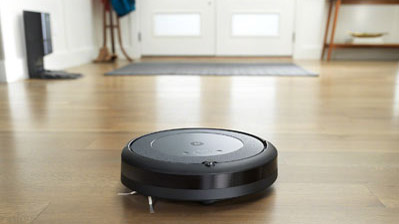
Price
Given that iRobot’s Roombas have a price range which spirals from an affordable $274.99 (around £270 / AU$499 to an eye-watering $1,099.99 ( around £1,500 / AU$2,900), while Shark’s vacuums range from $249.99 (around £185 / AU$350) to $649 (around £485/AU$900), it’s clear that Shark is targeting those on a tighter budget.
Interestingly, with iRobot’s Roombas, it appears you won’t necessarily pay more just to get your hands on the latest technology – their latest launch is the J series, which starts at $649.99 (around £700 / AU$900) is significantly less than their top-of-the-range S Series. Although for the benefit of a self-emptying robot vacuum, you’re looking at $599.99 (around £700 / AU$1,400) upwards as the i3 is the cheapest model that offers this.
If you want a Shark robot vacuum that can empty its own dust canister, it will set you back $449 (around £335 / AU$625) although that model can only hold up to 15 days worth of dirt. The XL design, which matches the Roomba’s on holding 30 days worth of dust, is priced at $599 (around £445 / AU$830).
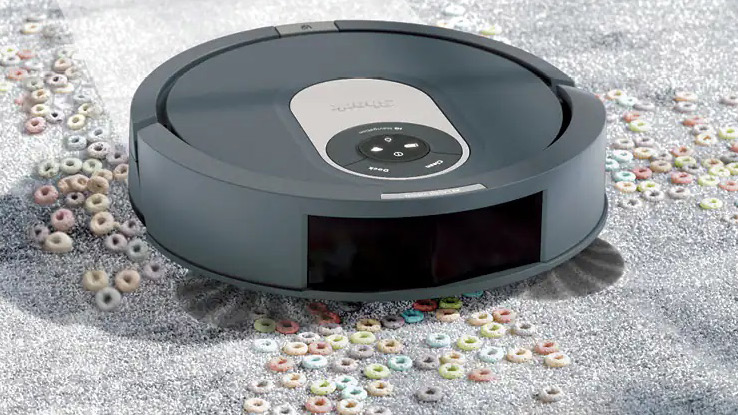
Features
Both iRobot and Shark’s models are pretty evenly matched when it comes to the features you’d expect from a robot vacuum. All of the designs can navigate around your home collecting fine dust and debris from carpets and hard floors, and both brands also offer models that can empty their own dust canisters too.
However, while the Roomba’s tend to increase in suction power as you move through the range, Shark’s robot vacuums have the same level of power but the more expensive the model, the more smarts it features. For example, its entry-level device takes a random route around your home, but the mid-range design employs a more methodical approach, cleaning a room row-by-row and mapping your home. Meanwhile, its top-of-the-range robot vacuum also offers object detection too.
iRobot’s Roomba’s on the other hand, are loaded with functions that ensure you really can outsourcing the vacuuming. For example, all models have the Dirt Detection feature, which will automatically spend more time cleaning a section if the robot vacuum identifies there’s more dust than usual.
Meanwhile, the i7 series and above let you set virtual no-go areas, schedule cleans of certain rooms or areas, and even be set to only clean when it has detected you’ve left home, using the geolocation from your phone, so it doesn’t interrupt you.
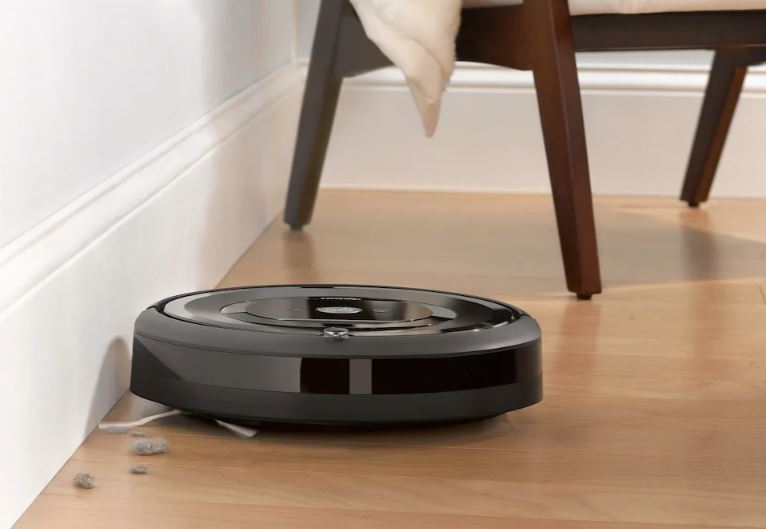
Verdict
Both iRobot and Shark offer robot vacuums that can clean your home unaided and do a good job of collecting dust and debris from carpets and hard floors. If you’re looking to outsource the vacuuming completely, iRobot’s models are loaded with smarts that can do this, taking care of everything from spotting patches that need a deeper clean and ensuring they never get in your way when they clean.
Meanwhile, Shark is a more affordable option and is more simplistic to set up and use. It’s a great choice for those investing in a robot vacuum for the first time or those that don’t want to customize a plethora of settings.
- Check out these great robot vacuum deals
Instant Pot 6 Quart Duo: now $139 now $104 at Walmart
Air fry, roast, bake, dehydrate, slow cook, and many more with this Instant Pot that's been rated a 4.2 out of 5 by Walmart customers. Enjoy a $35 discount with this Rollback deal from Walmart.
Instant Pot 6 Quart Duo: now $139 now $104 at Walmart
Air fry, roast, bake, dehydrate, slow cook, and many more with this Instant Pot that's been rated a 4.2 out of 5 by Walmart customers. Enjoy a $35 discount with this Rollback deal from Walmart.

Tamara is a freelance tech and travel writer who specializes in household appliances and winter sports tech, but who also loves writing about health and fitness kit.
In her spare time, she enjoys scuba diving, snowboarding and mountain biking.
